Key Takeaways
- Players must feel connected to JRPG party members for a memorable experience.
- Some games implement EXP share systems to keep party members leveled.
- Games like Pokemon X&Y allow toggling EXP share for player choice.
Across JRPGs of all subgenres, whether high fantasy epics or urban fantasy adventures, the party is what defines how memorable the central cast of characters is. If players don’t feel attached to the people or creatures they’re utilizing in battle, then there won’t be any connection or spark in the story, and things will fall very flat, very fast. Leveling up these characters is the core component of many games, where part of the appeal is discovering what skills they have available to utilize.
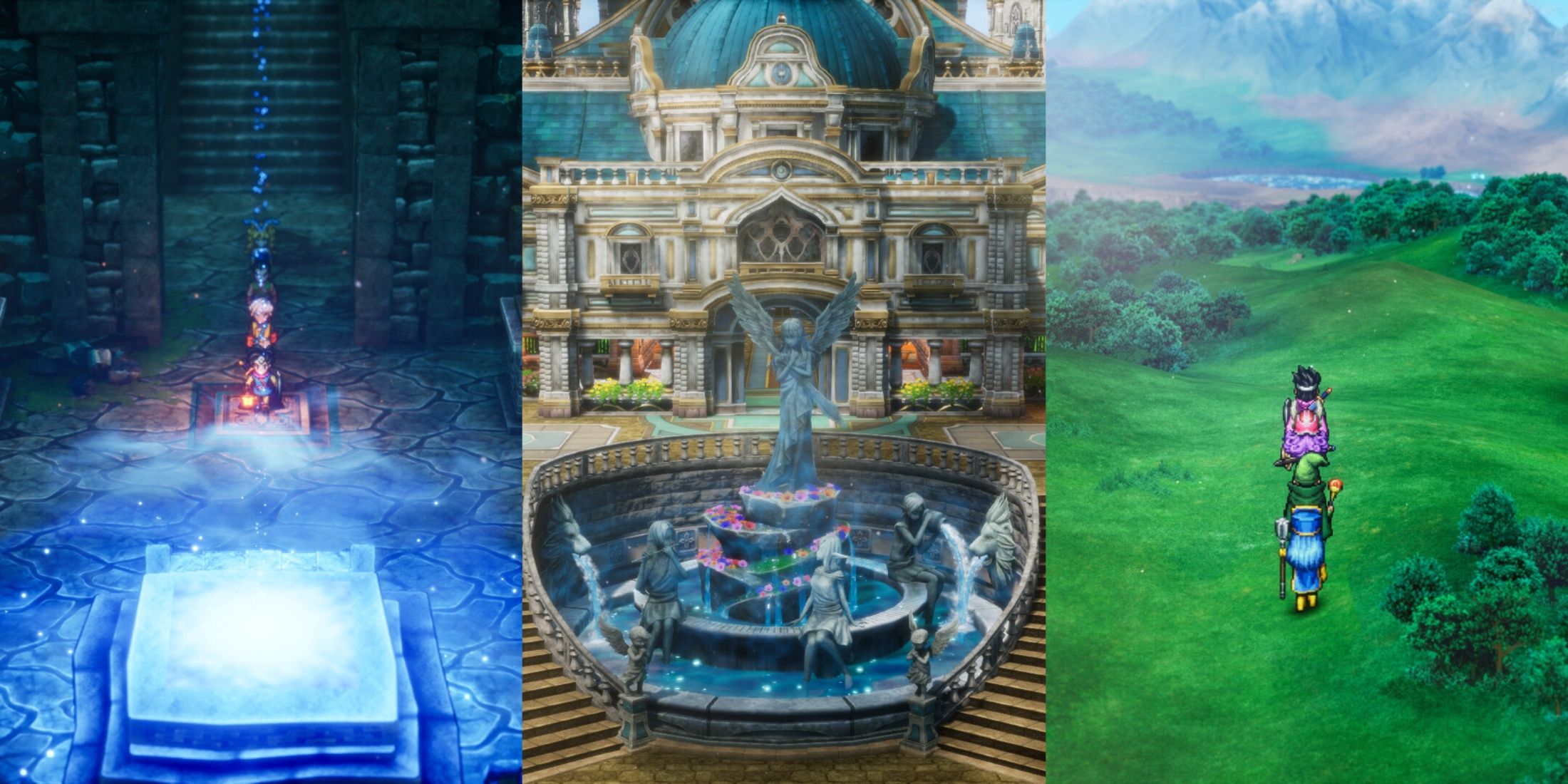
Related
8 Ways Dragon Quest 3 HD-2D Remake Preserves Its Old-School JRPG Roots
The Dragon Quest 3 HD-2D Remake adds a fresh coat of paint to this JRPG classic but still maintains much of what made the original so beloved.
But an issue that certain JRPGs run into when a player gets comfortable with a certain party of characters is that other characters will often be left to the wayside. Oftentimes, especially in hard boss battles, having a full host of characters that are leveled up and ready to fight is vital, and it can be time-consuming training and grinding every character individually to a high level. These JRPGs work around that with interesting EXP share systems that keep the whole party relatively even in power. Rankings in this list are determined by how effectively and efficiently experience is shared among party members, and then other QoL or novelty factors to break ties among games that share experience in a similar way.
7 Persona 3 Reload
Slightly Convoluted Mechanics That Do A Good Job Dividing EXP
- Released
- February 2, 2024
- Developer(s)
- P-Studio
- OpenCritic Rating
- Mighty
The iconic Persona 3 was the game that helped define what the series is today, beyond a mere spin-off of the long-standing Shin Megami Tensei series. The game stands today as the first slightly rough but all-around loved title in the great trilogy of ‘modern’ Persona games, and this was in no small part due to the slick and stylish combat that helped make the series stand out from its contemporaries and origins.
Experience is shared across all party members evenly regardless of contribution to the fight. This means a tactic for leveling up lower-level characters is to have them fight in smaller groups, so the experience is parceled out in larger chunks. The system can remain obscure, however, as sometimes hidden factors or things like level disparity will make a character gain or lose a percentage of that XP after it’s been divided among the party.
6 Legend of Dragoon
A Standout JRPG With Great Combat
Legend of Dragoon is a fantastic title that has a mature story, similar in terms of its aesthetic and themes to later Final Fantasy titles and builds upon this story with some top-notch JRPG combat. The combination of party members and how they synergize together is vital to pulling off powerful combos and maximizing the player’s damage output.
Exp is shared among party members in an efficient and fair way. Active party members receive exp, rostered party members receive half that amount, and knocked-out party members receive none. This way, the party still continues to grow with Dart and whoever is on the front lines, but players who have favorite characters are still able to watch them grow faster.
5 Pokemon X&Y
Changes The Exp Share, But Allows Player Choice
One of the more major changes that has come with newer Pokemon titles like Scarlet and Violet is the baked-in experience share that automatically rewards creatures in the party with diminished xp compared to the Pokemon that landed the final blow, similar to other entries on this list. Many players prefer the challenge of older titles, where experience could be shared with one, or at most two Pokemon not engaged in battle.
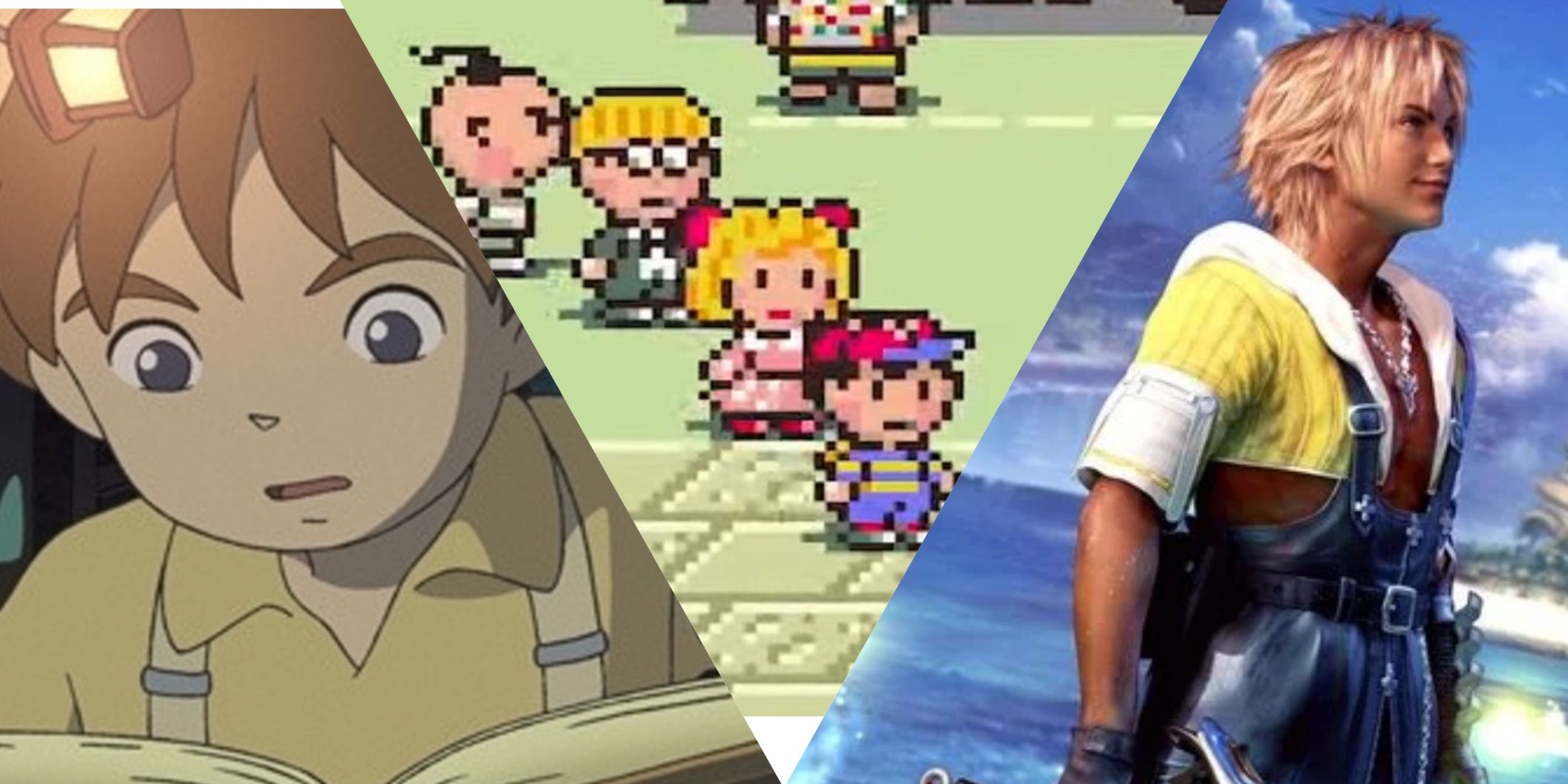
Related
The 7 Best Coming Of Age JRPGs, Ranked
Players who enjoy coming-of-age tales in fiction shouldn’t ignore the following JRPGs.
X and Y found a middle ground between the two, as the experience share is now a key item that can be toggled on or off at will, providing experience to all the party or, for those looking for a challenge, none of the party besides those who actively engaged in battle.
4 Fire Emblem: Three Houses
A Novel System For Sharing Experience
Fire Emblem: Three Houses
One thing that many players will note about Three Houses – especially those new to the series or SRPG genre, is that experience is hard to come by. It’s not simply given out in a lump after battles but has to be earned individually by characters.
Assigning an adjutant to characters means a student not actively in the battle takes on a support role for the active character, increasing their utility while also getting a percentage of the experience. This is an incredibly novel and interesting way to share experience.
3 Shin Megami Tensei: Vengeance
An Epic, Theological JRPG With Great Party Management
- Released
- June 14, 2024
- OpenCritic Rating
- Mighty
Among one of the hardest Shin Megami Tensei titles available to date, Shin Megami Tensei Vengeance does not hold players’ hands, and people will be looking to maximize the experience that their demons are getting. Luckily, this title has an incredibly intuitive system for sharing experience. Rostered demons get diminished experience compared to demons who saw battle, which is standard fare among this list’s entries.
However, there are miracles that can be taken that enhance the default percentage of experience gained by demons on the roster – and players who put time into acquiring these miracles are rewarded with a more cohesive party.
2 Final Fantasy 13
Experience Is Divided Evenly To Keep Everyone Leveled
- Released
- March 9, 2010
- Developer(s)
- Square Enix
- OpenCritic Rating
- Weak
Final Fantasy 13 is still remembered as one of the best titles in the series to date, with a unique urban fantasy aesthetic that’s incredibly hard to replicate. Each of the main characters has their own unique personality and flair that makes them memorable and enjoyable to play.
Experience is given to all party members at the same rate regardless of whether they were among the three active characters in battle or not. This means players can freely switch between characters at will without having to worry about grinding to make certain characters as viable as the rest of the party.
1 Chrono Trigger
An Opus JRPG That Is Egalitarian With Experience
The highly influential JRPGChrono Trigger is indiscriminate in its experience usage. Similarly to Final Fantasy 13, all party members, regardless of whether they were in battle or not, receive the same amount of experience.
This lets players experiment with new party combinations on the go. Chrono Trigger gets a slightly higher place because experience and leveling in general is simply easier to come by than in Final Fantasy 13.
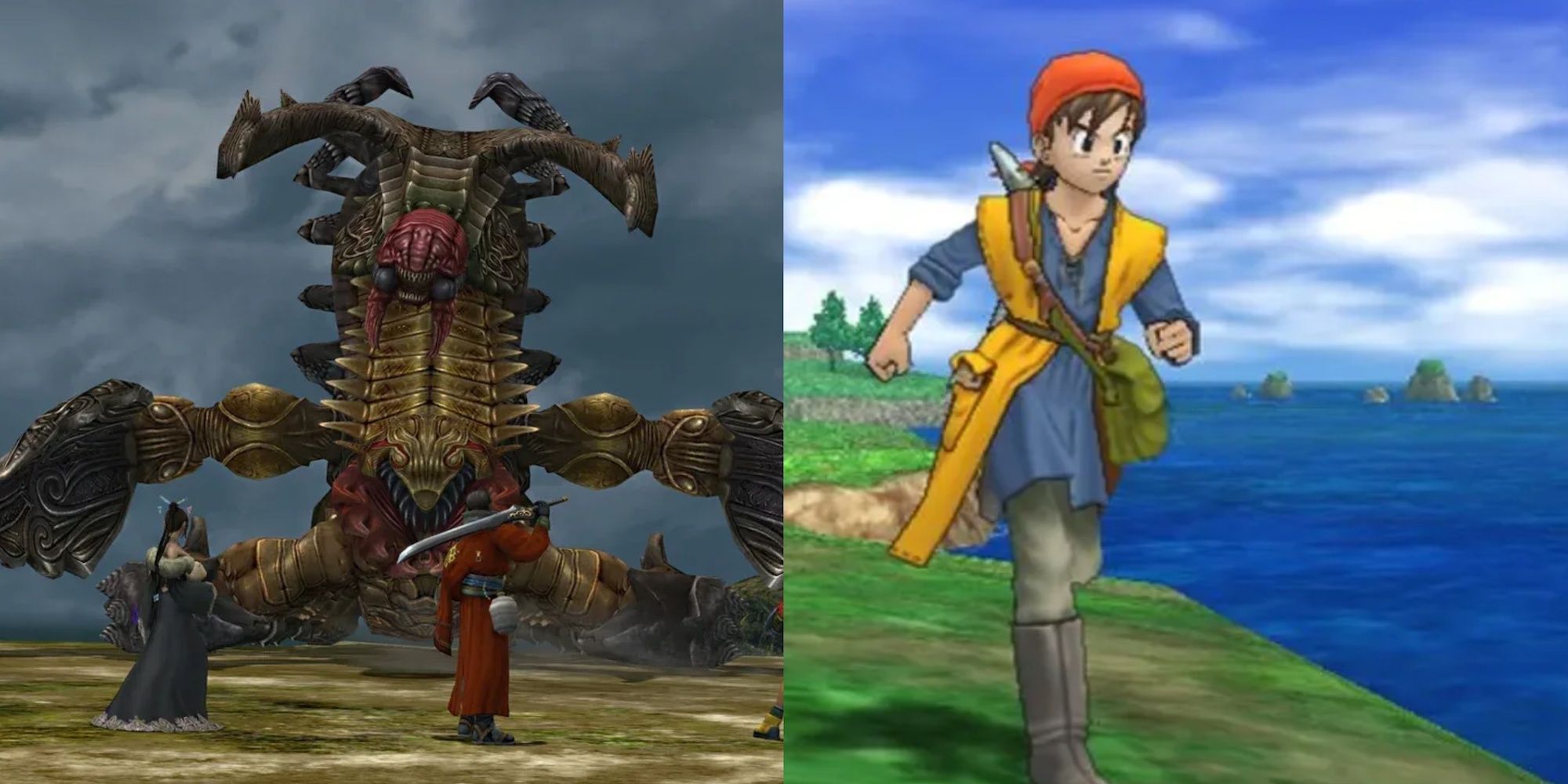
Next
6 Classic PS2 JRPGs That Still Hold Up Today
The following PlayStation 2 Japanese RPGs were well-received by fans and critics upon release, and still have plenty to offer all these years later.
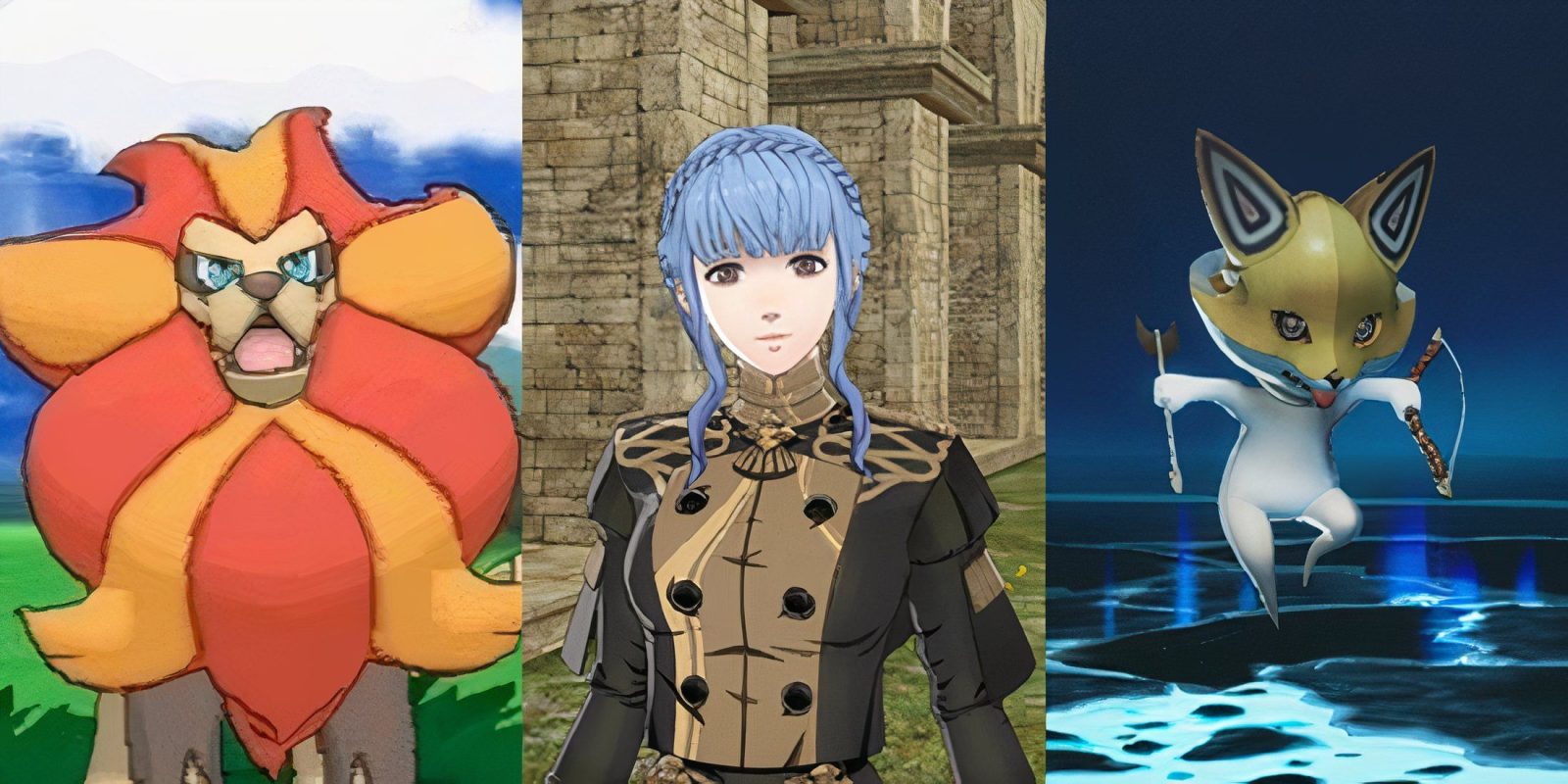


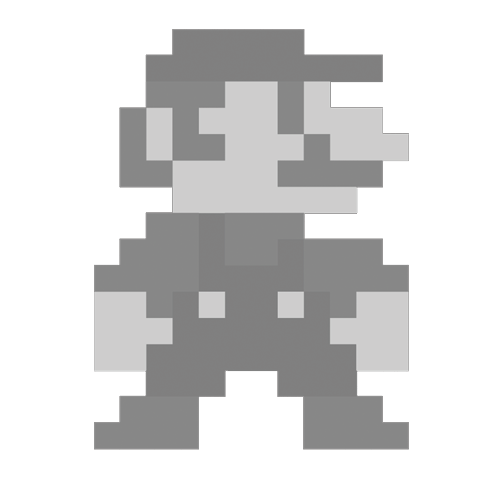


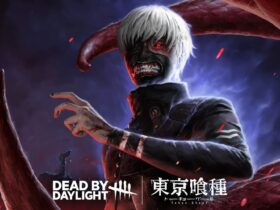





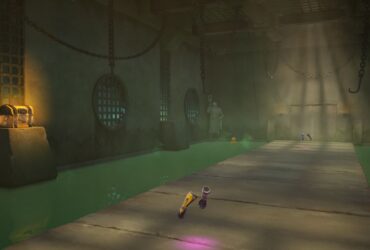

Leave a Reply